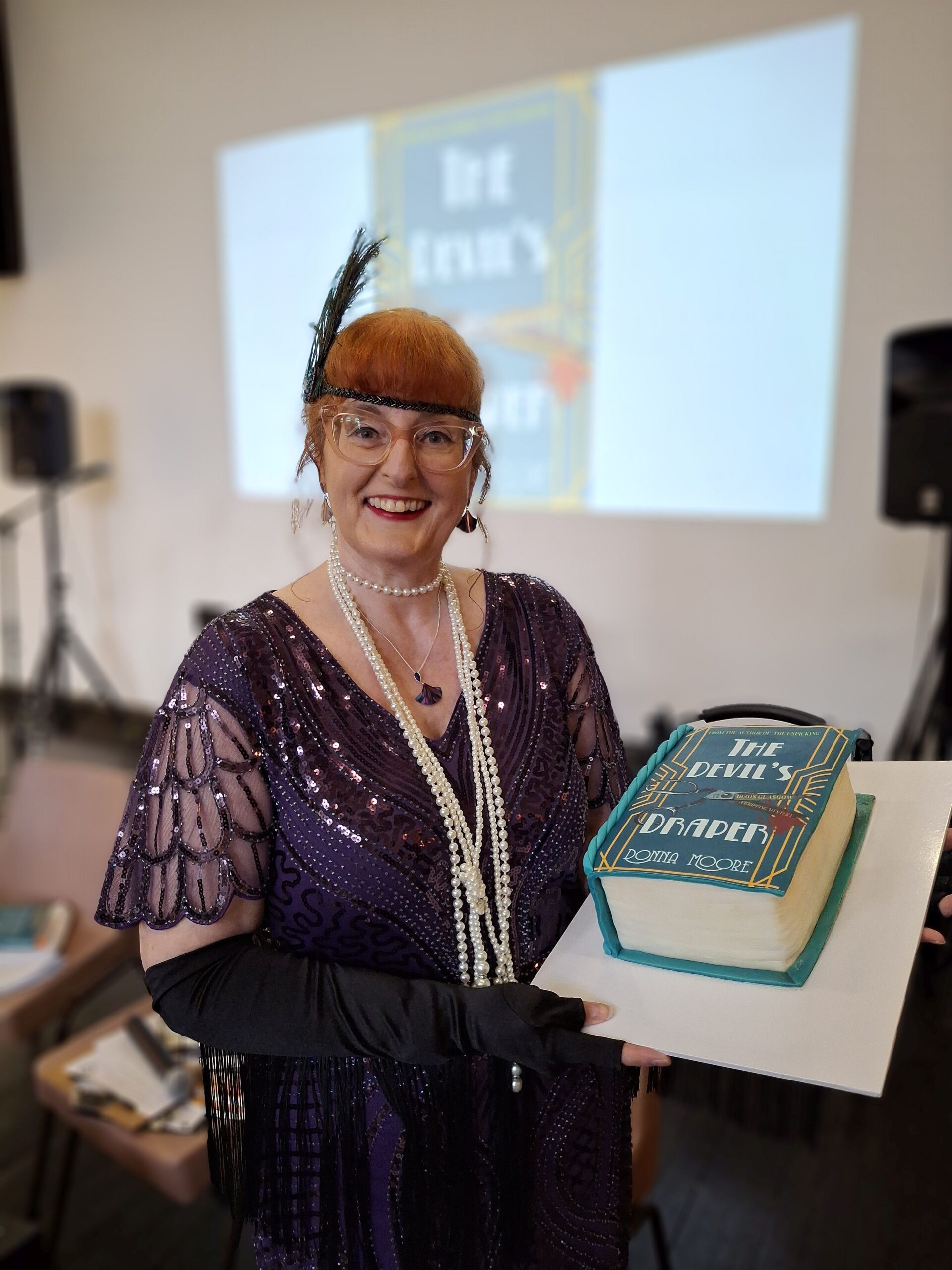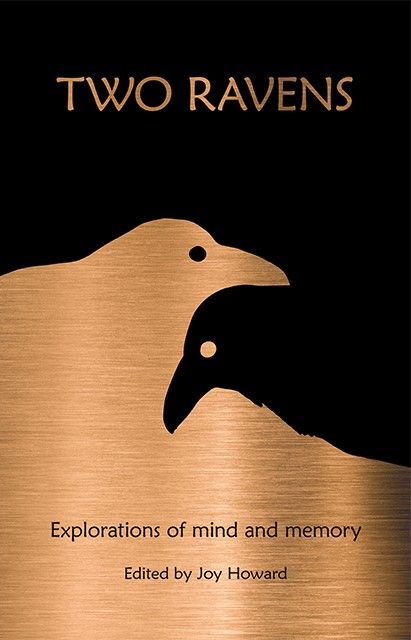The Scottish Abortion Campaign (SAC) has been engaged with many pro-choice campaigns, as they have been systematically working for equal access to contraception and abortion across Scotland, while commenting on all actions directed against women’s rights worldwide. For a long time, the SAC did not received any support from the political scene. In 1992, however, one party introduced a new programme that included equal access to abortion.
In 1992, for the first time in British history, a major party sought power to implement a programme that included a pro-choice women’s reproductive rights agenda. It was the Labour Party. They published a Manifesto where they stated that they were aware that women had more contact with the National Health Service both for themselves and as carers for young, old and sick relatives, compared to men. Moreover, women made up most of the workforce of the NHS at that time. Consequently, the Labour party promised to “ensure all women have the right to choose to end an unwanted pregnancy with easy access to abortion facilities regardless of where women live”.
Liz Armstrong, one of the members of the SAC, noted that it was a very important statement, encouraging members of the organisation to ask candidates individually and publicly their party’s views on abortion as well as their personal perspectives on the subject. She also highlighted that every year, hundreds of Scottish women have to travel to England to obtain abortion. Access to abortion varies considerably from health board to health board.
The Labour Party was the only pro-abortion party at that time, while other candidates, such as Jim Sillars from The Scottish National Party, were openly against it. Media coverage of the time suggested that the Labour party was not that progressive, but were rather promoting themselves. In fact, newspapers such as the Herald claimed that the party had financial motives behind their support of abortion, which could solved the problems with the education budget, the child benefit system, and the social security budget. Regardless of the reasons behind the Labour Party’s action, their programme benefited women.
The news cuttings found in the SAC archives show that although the Labour party had a lot of opposition from other parties and societal views that were against pro-choice policies, the biggest opponent was the Catholic church. As a result, the Labour party could no longer rely on the traditional Roman Catholic vote in Scotland. Moreover, the Glasgow Archdiocese newspaper Flourish accused Labour of dismissing the views of anti-abortionists. The Church stated that any party that supports abortion can’t be voted for by a practicing Catholic. This suggests that although the Church should not be involved in politics it had a deep influence on members of the church and their voting choices.





